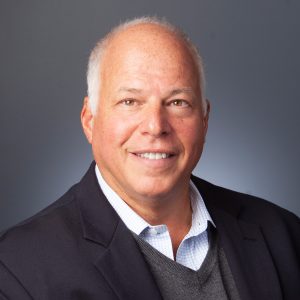Viewpoints from Craig Hasday
On December 23, 2022, President Biden signed the Secure Act 2.0 into law as a part of a $1.7 trillion omnibus spending package. I have been anxiously awaiting this legislation.
In a 2018 private letter ruling, Abbot Labs was allowed to make matching employer contributions to 401(k) plans for student loan repayments made by their employees.
Private letter rulings (PLRs) are not law but apply to a specific situation for which the PLR is written. I have been advising employers to jump on this change whenever this law (which I thought was inevitable) was passed. Beginning in 2024, under Secure Act 2.0, employers will be allowed to amend their plans to treat student debt repayments as elective deferrals – making them applicable to a company’s 401(k) matching provisions.
Fox News reported as of September 2022, Americans have amassed $1.6 trillion in student debt and have average payments of $460 per month.
Young people entering the workforce have found it problematic to allocate funds from their paychecks to pay off student loans while simultaneously saving for retirement. Employers should embrace this opportunity to attract the next generation of workers. Like most new laws, employers will need to wait for specific regulations.
The Secure Act makes other changes to retirement planning, consistent with our evolving workforce.
Auto-enrollment into 401(k)s will become a requirement in 2025. Although employees will be allowed to opt out, employers can provide auto-enrollment for up to 10% of income. The age for required minimum distributions will increase to 73 in 2025, and then to age 75 in 2033. Catch-up contributions of up to $10,000 per year for employees ages 60 to 63 will be permitted in 2025.
Last year, EPIC advisors began offering a Pooled Employer Plan (PEP), which reduces the administration required for employer-sponsored 401(k) plans – eliminating both 5500 filing and plan audit costs.
Contact us to do a checkup on your 401(k) and give you some fresh new ideas.
EPIC offers these opinions for general information only. EPIC does not intend this material to be, nor may any person receiving this information construe or rely on this material as, tax or legal advice. The matters addressed in this article and any related discussions or correspondence should be reviewed and discussed with legal counsel prior to acting or relying on these materials.
Related Content
Products
Employee Benefits Consulting
Our dedicated benefits team is focused on delivering better outcomes – to both your benefits program and ...
Products
Compliance
We provide comprehensive consulting services and in-depth education regarding the ever-changing employee ...
Products
Communications & Engagement
Our Communications & Engagement team develops effective campaigns that enhance workforce awareness and ...
Products
Wellbeing & Health Management
Our consultants help you create a strategy around health management that will impact your culture and your ...



